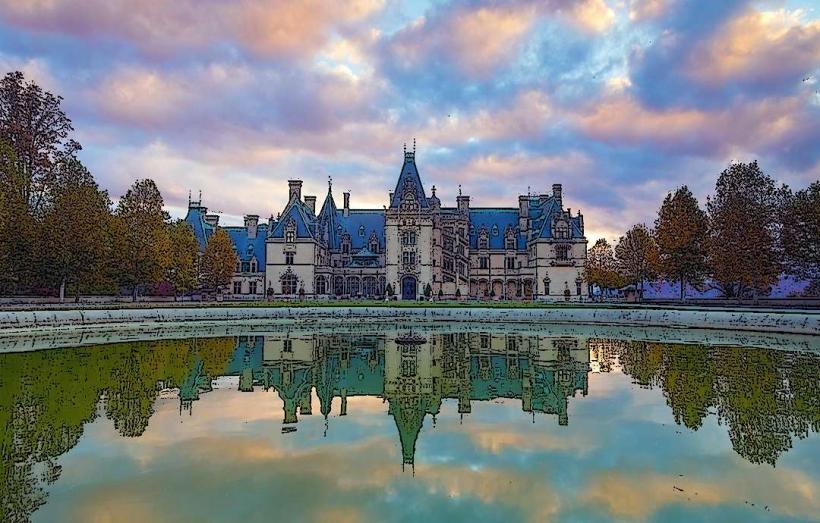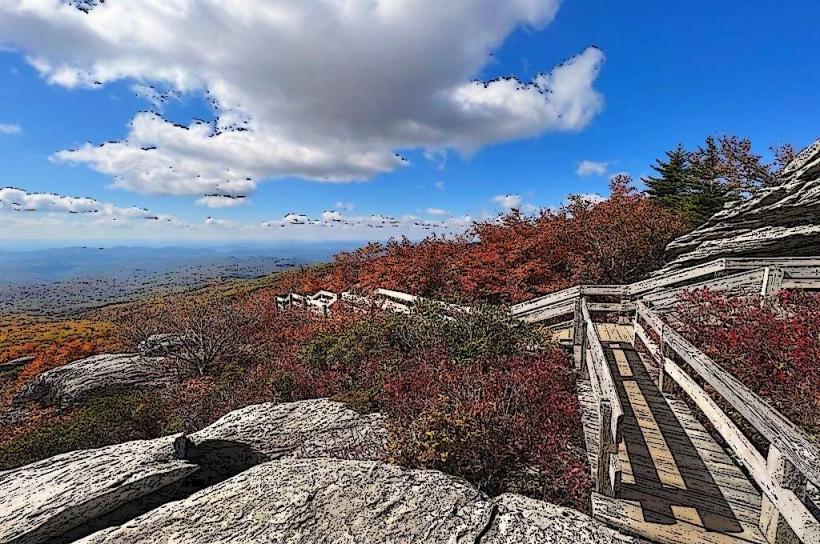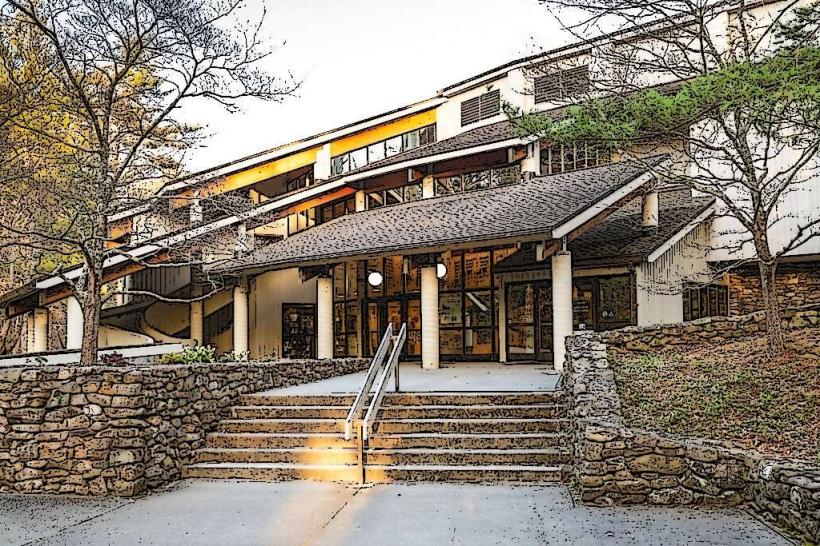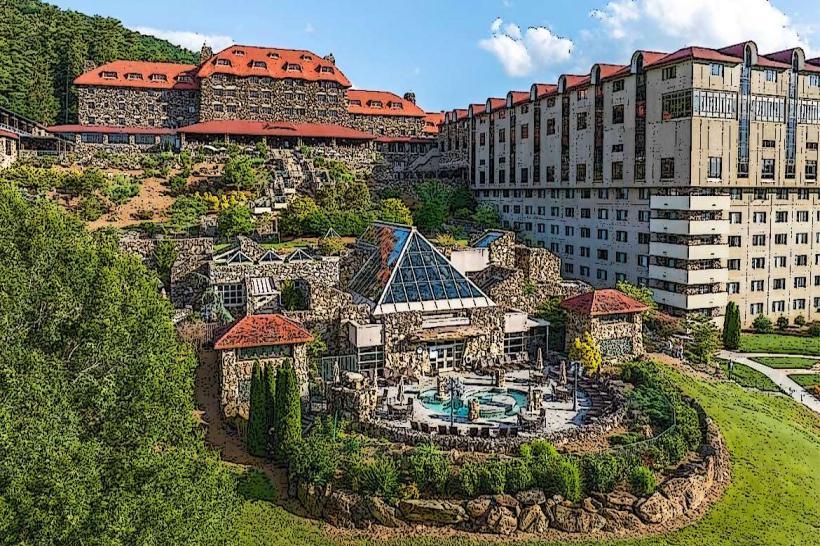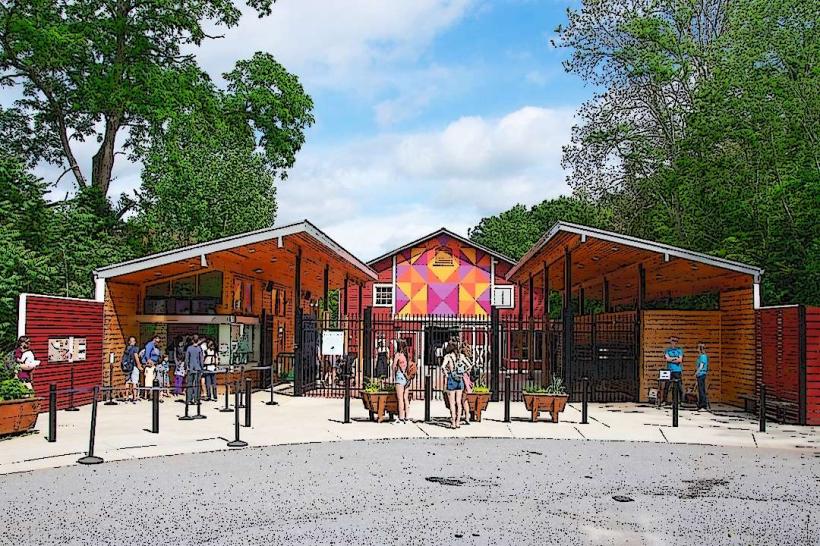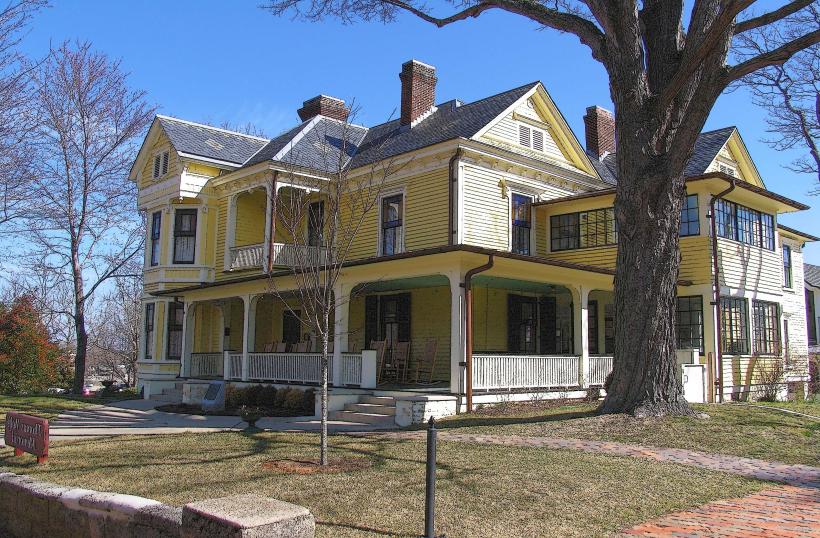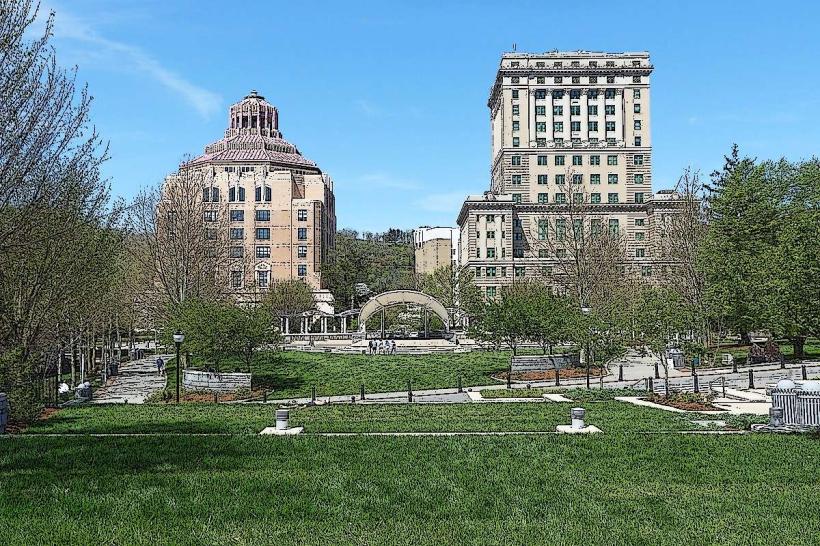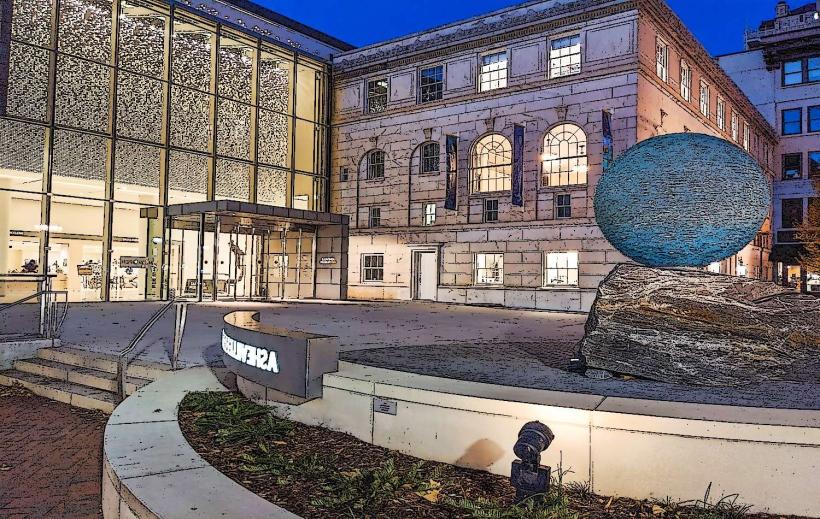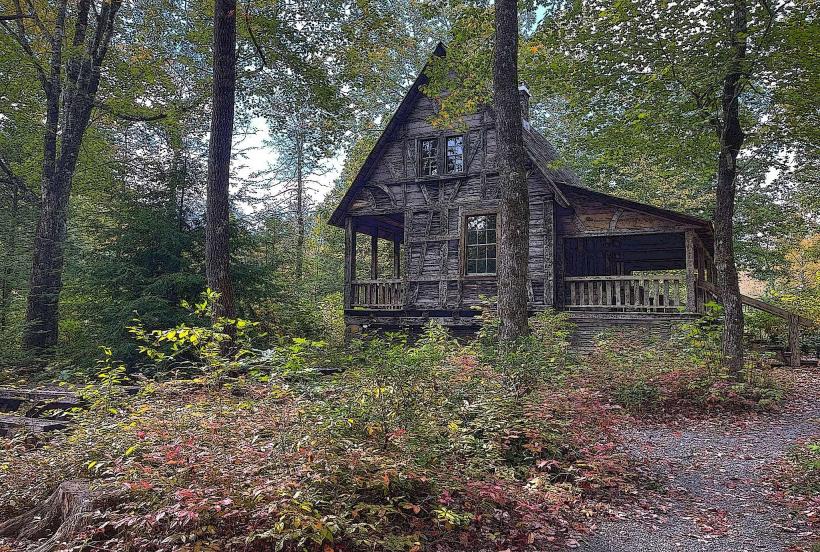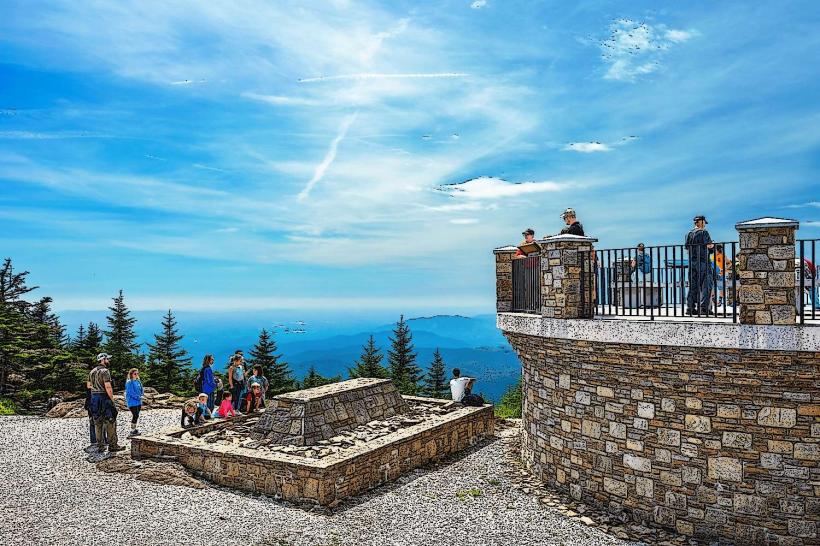Information
City: AshevilleCountry: USA North Carolina
Continent: North America
Asheville, USA North Carolina, North America
Asheville serves as the county seat of Buncombe County and is the primary economic and cultural hub of Western North Carolina. It is situated in the Blue Ridge Mountains at the confluence of the French Broad and Swannanoa rivers.
Historical Timeline
Asheville was incorporated in 1797. Primary governance eras include its 19th-century development as a health retreat due to its high altitude and clean air, its Gilded Age boom fueled by the arrival of the Western North Carolina Railroad, and its unique survival of the Great Depression-during which the city famously refused to default on its debts, leading to a long period of architectural preservation. Key historical markers include the 1895 completion of the Biltmore Estate and the 1920s Art Deco building surge.
Demographics & Population
The population within city limits is approximately 95,000, with a metropolitan area of over 470,000. The demographics are White (78%), Black or African American (11%), and Hispanic or Latino (7%). The median age is 39.5 years.
Urban Layout & Key Districts
The city is organized on a non-linear mountain grid. Downtown is the center for Art Deco architecture, independent retail, and the "Pritchard Park" drum circle. The River Arts District (RAD) features former industrial warehouses converted into artist studios. West Asheville is a high-density, trendy residential and culinary corridor. Biltmore Village is a planned Tudor-style district originally built for estate workers.
Top City Landmarks
Biltmore Estate (Largest privately owned house in the U.S.)
Blue Ridge Parkway (Scenic highway access)
Grove Park Inn
Transportation Network
Movement is serviced by ART (Asheville Redefines Transit) buses. Asheville Regional Airport (AVL) provides domestic connections. The city is a major junction for I-40 and I-26. Ride-sharing via Uber and Lyft is highly active. Traffic density is moderate but prone to severe congestion on the I-240 loop and "The Cut" during tourist seasons (October and July).
Safety & "Red Zones"
The general safety level is moderate. Caution is advised at night in specific areas of West Asheville near Haywood Road and blocks bordering public housing communities in the downtown periphery, which experience higher rates of property crime. Common scams involve aggressive panhandling and fraudulent "independent" parking lot attendants in the downtown core.
Digital & Financial Infrastructure
Internet speeds average 300 Mbps with fiber availability via AT&T and Spectrum. Main mobile carriers are Verizon, AT&T, and T-Mobile; coverage can be intermittent in surrounding mountainous terrain. Card acceptance is universal. ATMs are ubiquitous in the downtown core and major grocery chains like Ingles or Harris Teeter.
Climate & Air Quality
Temperatures range from -3°C to 10°C in winter and 18°C to 29°C in summer. Air quality is generally high, though wildfire smoke can occasionally impact the region in autumn. Specific weather risks include heavy mountain fog, sudden thunderstorms, and winter ice events.
Culture & Social Norms
The standard tipping percentage is 18–25%. A handshake is the standard greeting. Dress codes are highly casual ("Mountain-Chic"). Smoking is prohibited in public indoor spaces and most city parks. The city has a pervasive craft brewery culture, holding one of the highest breweries-per-capita rates in the U.S.
Accommodation Zones
Downtown: Recommended for walking access to breweries, galleries, and historic architecture.
Tunnel Road: Recommended for national hotel chains and proximity to the Blue Ridge Parkway entrance.
Local Cost Index
1 Espresso: $4.50 (USD)
1 Standard Lunch: $17.00 (USD)
1 ART Bus Fare: $1.00 (USD)
Nearby Day Trips
Mount Mitchell (Highest peak east of the Mississippi) (55 km)
Great Smoky Mountains National Park (60 km)
Pisgah National Forest / Looking Glass Falls (60 km)
Hendersonville, NC (35 km)
Facts & Legends
Asheville has the second-largest collection of Art Deco architecture in the Southeast, trailing only Miami Beach. Historically, it was the home of author Thomas Wolfe and the site where Moog Music synthesizers are manufactured. A local legend involves the "Pink Lady" of the Grove Park Inn, a spectral figure in a pink gown reportedly seen in Room 545 since the 1920s.


